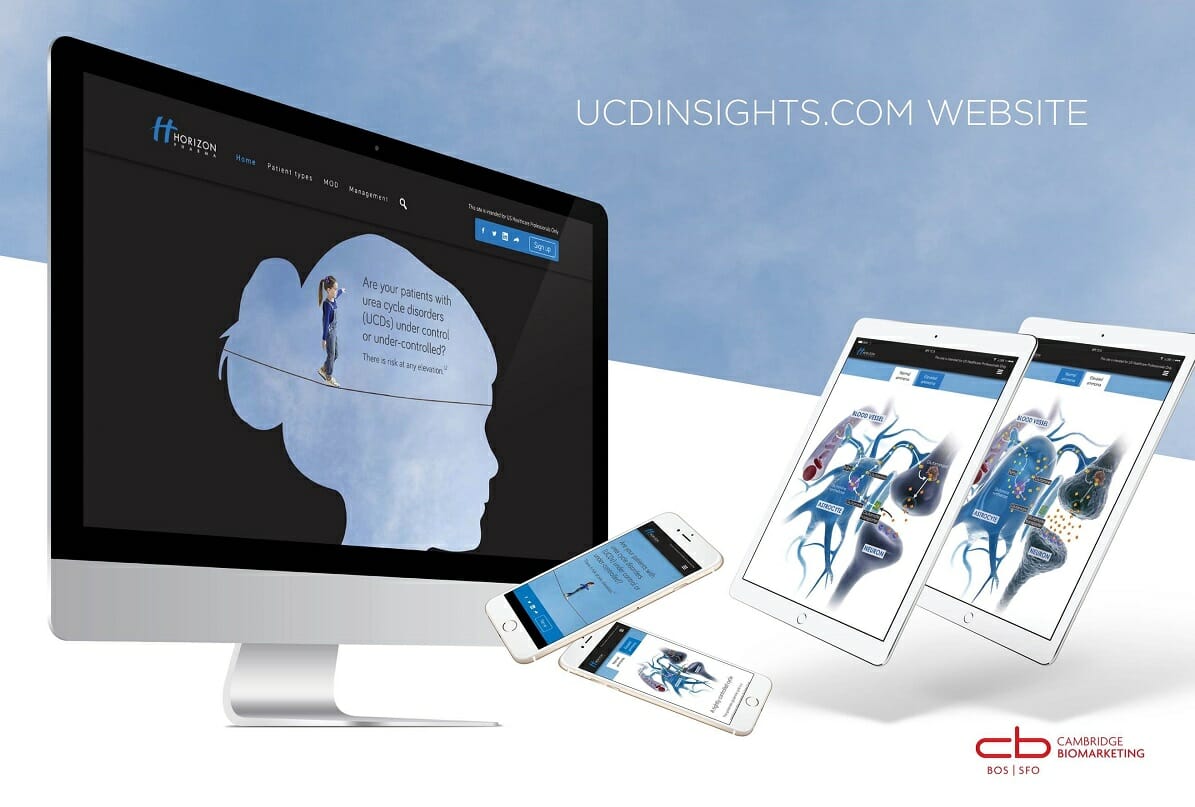The biggest-picture news came when it was acquired last July for $35 million by Irish healthcare service provider UDG Healthcare. The deal marked the end of a courtship that began after Cambridge’s former parent, Everyday Health, was sold to men’s health and gaming company Ziff Davis.
To hear CEO Maureen Franco tell it, the partnership with UDG is a match made in heaven. “It is an incredible strategic fit and a great cultural fit,” she explains. “UDG bought us for our expertise in rare disease. It has given us room and investment to continue to grow.”
The message from corporate HQ overseas, Franco adds, has been a simple one: Keep up the good work.
Highlights for Cambridge in 2017 included the high-profile launch of Alexion’s Soliris for generalized myasthenia gravis. This marked the agency’s 10th orphan launch in the past half-decade and its third for Alexion. “That was a proud moment for us,” says Franco.

The firm also landed its first gene therapy consulting gig (for Voyager Therapeutics’ pipeline Parkinson’s program). It continues to work with Intercept on Ocaliva, which was approved in 2016 for primary biliary cholangitis, and with BioMarin on pegvaliase for phenylketonuria.
Revenue was flat at $24 million. Cambridge grew its staff count by three people to 113, which helped bulk up the agency’s new Oakland office. Franco pointed to continued strong investment in digital, estimating at least 60% of its work now contains some form of digital communication or engagement.
In between the acquisition and launch work, the firm found time to launch Rare in Common, a podcast spinoff of its New England Emmy Award-nominated film of the same name. Updated monthly, the podcast amplifies the voices of people affected by rare disease. It was launched on Rare Disease Awareness Day.
Asked about the resources devoted to Rare in Common, Franco acknowledges it is somewhat unusual for an agency to invest so much time and money into content production unrelated to a client. However, she says such programming helps keep her staff motivated. “It’s important to our mission,” she explains.
While the competition for top talent remains fierce, Cambridge may have a built-in edge. For Franco, it’s as though the industry is waking up to the concept of patient centricity. “In our work, we have to deliver hyper-personalized messages to patients, caregivers and physicians,” she notes.
From the July 01, 2018 Issue of MM+M - Medical Marketing and Media






